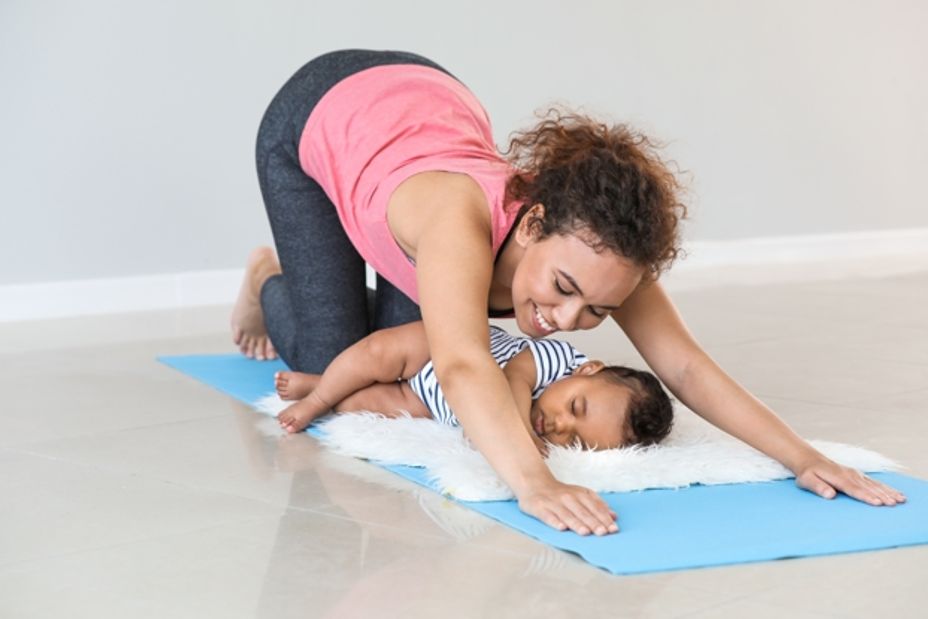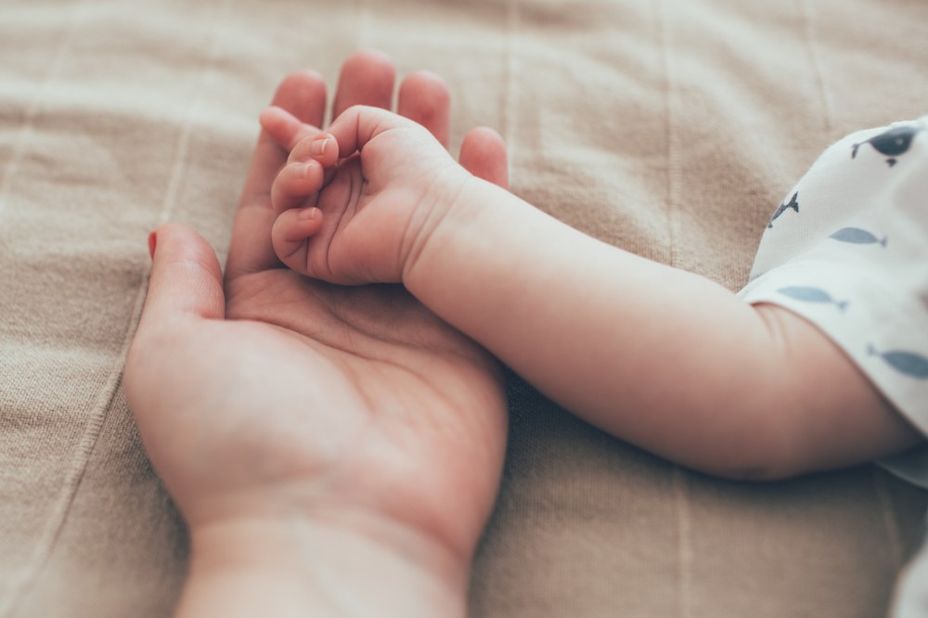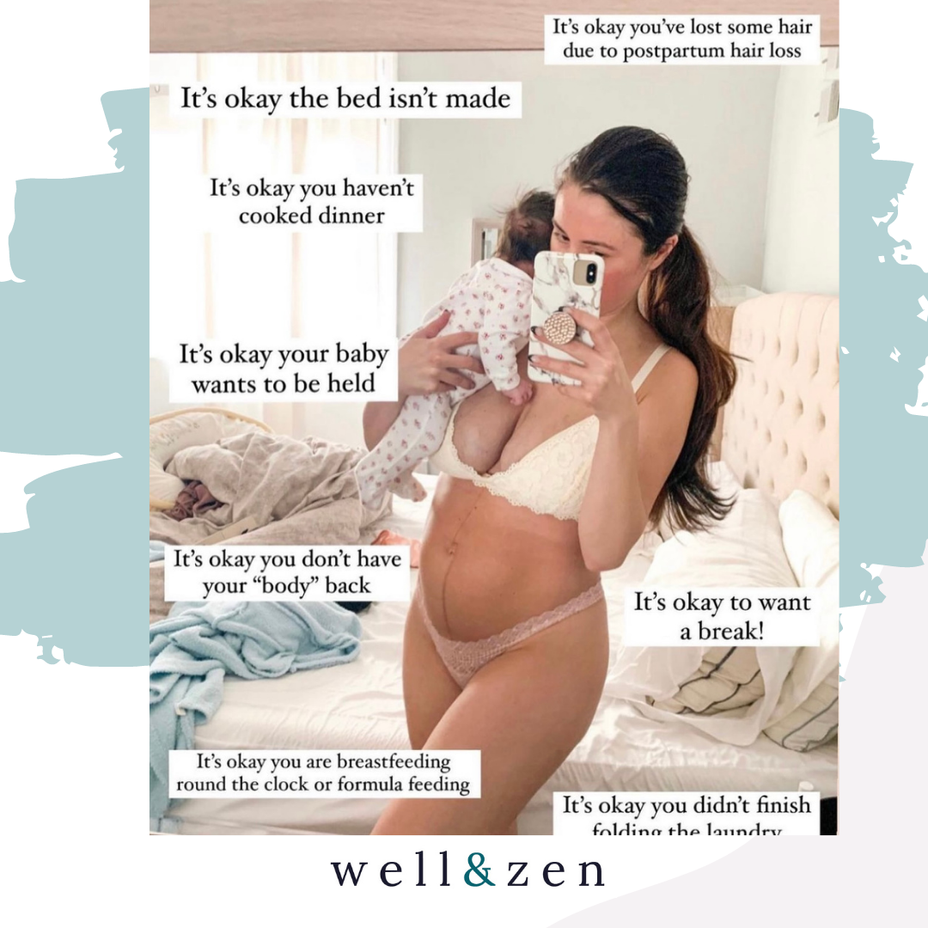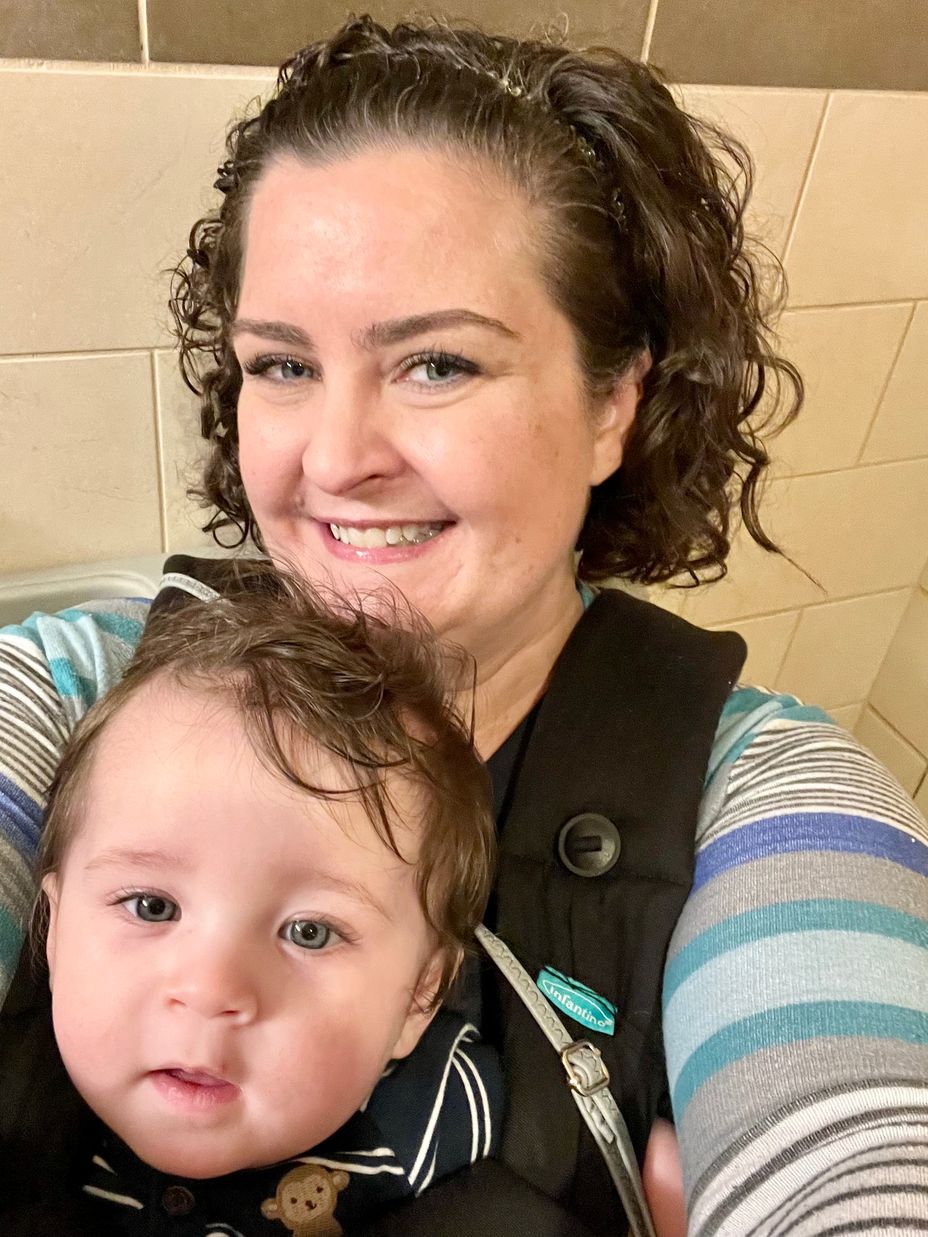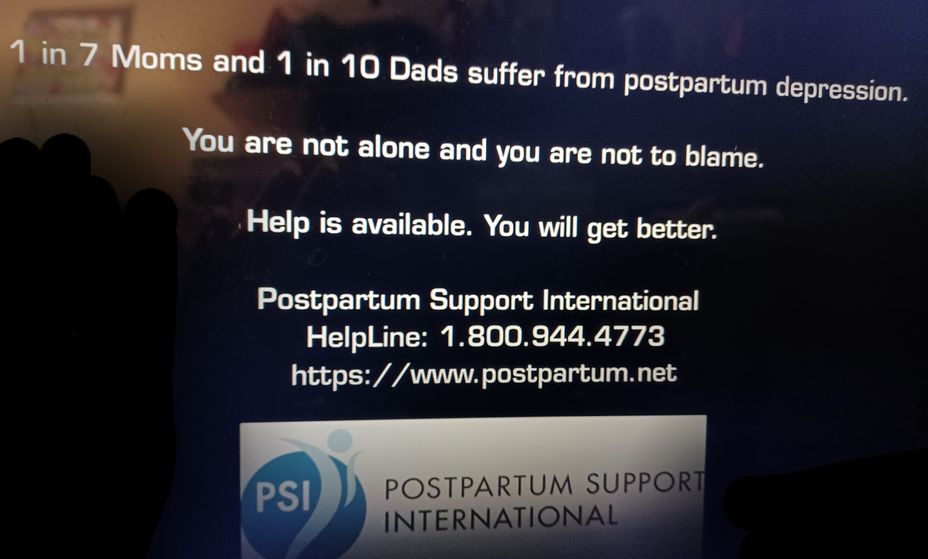If you’ve had a baby you have likely filled out a questionnaire at your postpartum appointment. The focus is largely on depression, caused by many factors including the hormones that decrease rapidly after you give birth.
What isn’t talked about is how these hormone levels continue to fall with the largest dip about 3 months postpartum, and may leave you feeling sad, weepy, and overwhelmed. However, these symptoms are mild and only last for a “couple of weeks”. Except it doesn’t. In the United States, many women are returning work at a time when the largest decrease in hormones happens in your body. When the symptoms persist and become debilitating, something else could be going on.
Depression and anxiety oftentimes go hand in hand, yet many perinatal providers often focus on the feelings of depression and how it impacts our daily lives (hint, how we are functioning and able to parent).
So what about postpartum anxiety ?
Mothers experiencing postpartum depression commonly experience symptoms of anxiety, although not all mothers suffering from anxiety are depressed. Establishing the correct diagnosis is important, as women with postpartum anxiety may not respond as well to certain treatments for depression, such as interpersonal psychotherapy or medications (Harvard Health Publishing).
Similiar to depression, postpartum anxiety can peak after childbirth as a result of hormonal shifts. If a mother had anxiety before pregnancy she is also more likely to have PP anxiety.
Always seek help if you feel you may have PP anxiety or depression. Postpartum Support International is a great resource.
What else can I do if I suspect I have PP anxiety?
- Do your best to add physical exercise daily (even if that’s dancing around the living room with your baby )
-Eat! It sounds simple but keep your blood sugar consistent.
- Find a community of mamas or new mamas.
- Cuddle your baby for that dose of oxytocin.
- Aim for one, four hour stretch of sleep every night (coupled with, ask for help!)
-Don’t be afraid of medication & professional help.
- Prepare as much as you can before birth. Make meals in the freezer, stock up on groceries, and buy restaurant or Door Dash gift cards in advance to use after you bring baby home.
-Communicate your postpartum health plan with your partner or a support person. (I personally did this with my spouse).
Your partner should know your doctors information, how to contact your therapist, or another professional should you be unable to mentally cope well after you return home. What is your plan? What signs does he or she look for? Talk once a day about how your feeling and what you need. I can’t stress this enough.
The postpartum period of time lasts one year but you truly don’t need to go it alone.

